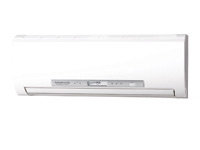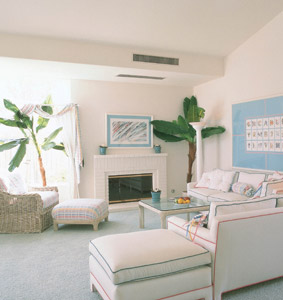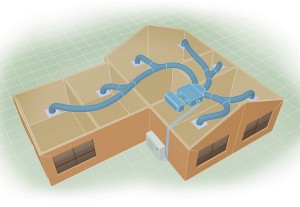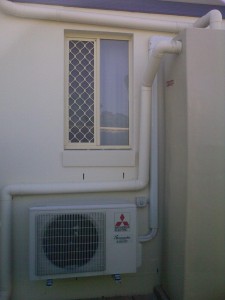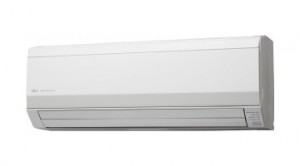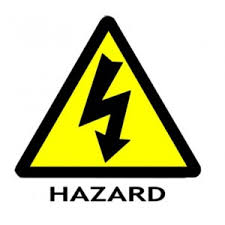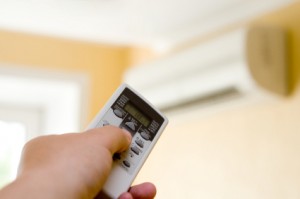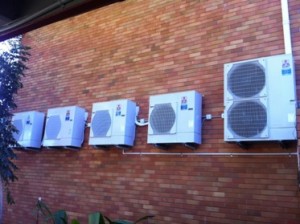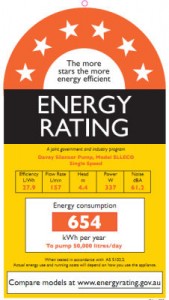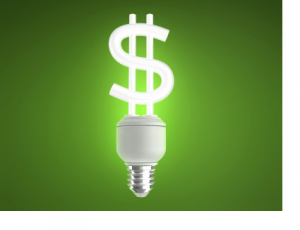Summer is a great time to make the most of Brisbane’s local environment, but with it also comes the incessant heat that needs a great air conditioning installation to stay comfortable in the home. The problem is that air conditioning systems can be very expensive to run. But have you noticed how your neighbour’s bills are always lower than yours, despite his air conditioning running almost non-stop? Here are half a dozen hints on how to stay cool in summer without breaking the bank.
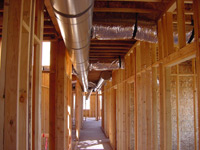
Bigger is not always better
When you purchase an air conditioning system in Brisbane, there may be a temptation to have the
biggest air conditioning installation possible. What’s important, though, is to buy a system which is the right size for your home and the individual rooms in it. Brisbane Air’s technicians will be able to accurately assess the size of units needed, taking into consideration the size of a room, geographical position, and number and size of windows, for example.
Buy for efficiency
Make sure that your system is as efficient as possible. The higher the energy rating, the more efficient the system and the cheaper it will be to run. It may cost a little more to buy and install, but that cost will quickly be recouped with the savings on running costs.
Have your new air conditioner supplied and installed by a reputable company
There are good tradesmen and bad tradesmen. Similarly there are high quality air conditioners and there are low quality air conditioners. By investing your money wisely in the first place, your new air conditioner will work beautifully this summer and also for many many summers to come. Protect your investment in air conditioning by using a well respected company like Brisbane Air, who have access to both quality tradesmen and quality air conditioning brands.
Maintain your system regularly
By properly maintaining your air conditioning, it will run more efficiently and last longer. You should clean the filter regularly, and have the entire system serviced at least every 12 to 18 months.
Seal unwanted gaps in doors and windows
Don’t let the cold air escape! If you have draughty windows in the winter they will cost you money in the summer, too.
Only cool the rooms you need to cool
Close doors to unused rooms, and turn off lights that aren’t needed to help keep internal air temperature down. The same goes for other electrical appliances: you’ll save costs on the appliance and cost on running your air conditioning.
